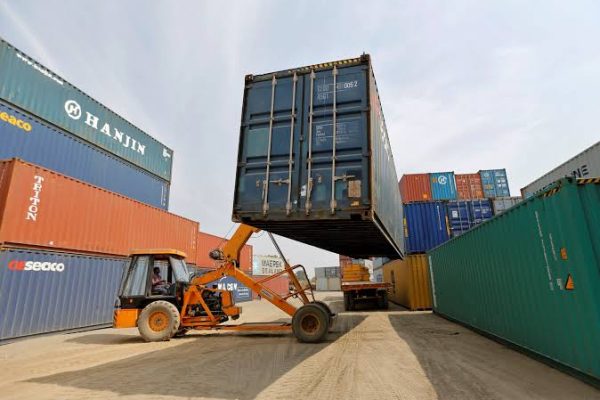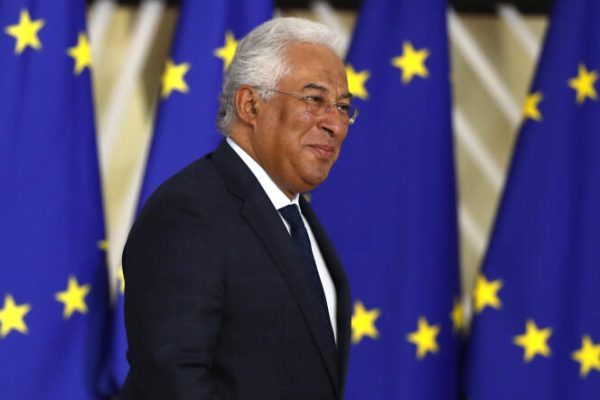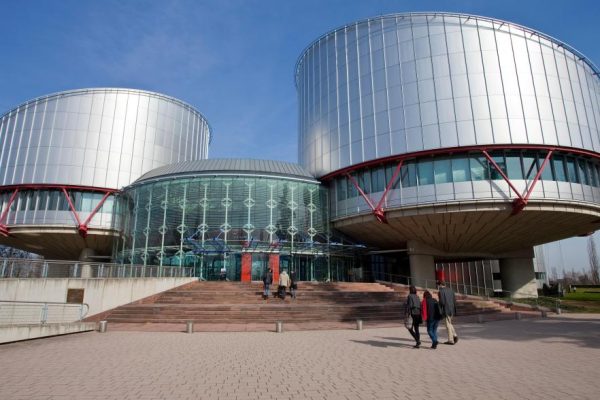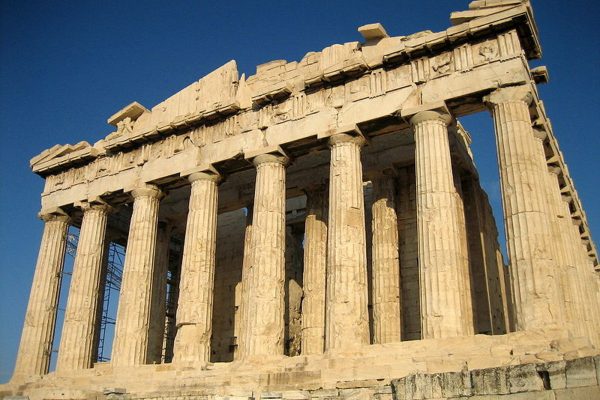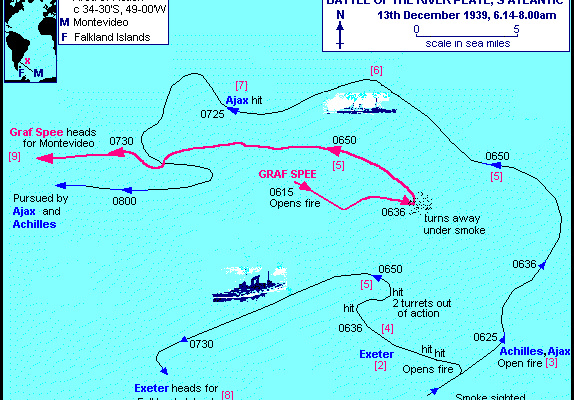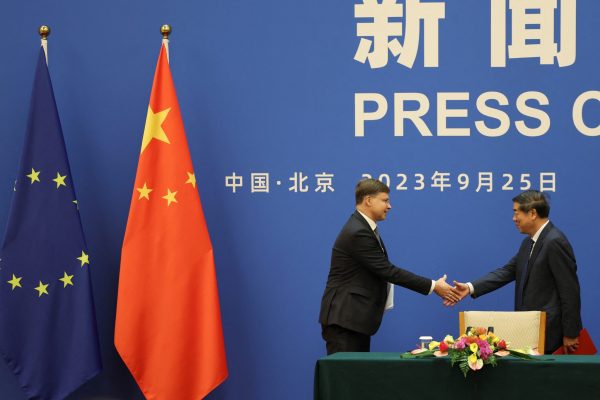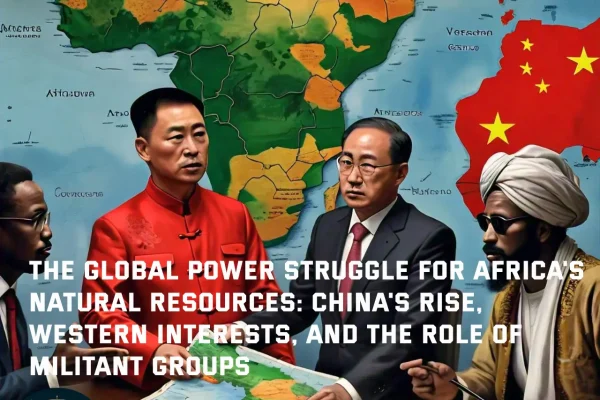
The Global Power Struggle for Africa’s Natural Resources: China’s Rise, Western Interests, and the Role of Militant Groups
The race for Africa’s vast natural resources has intensified, with China, the U.S., India, France, Turkey, and the European Union all competing for dominance. While these global powers invest heavily in infrastructure and trade, they also exploit the region’s political instability and poverty. This comprehensive analysis explores the geopolitical strategies used by these nations, the role of militant groups, and the impact of this struggle on Africa’s future.










